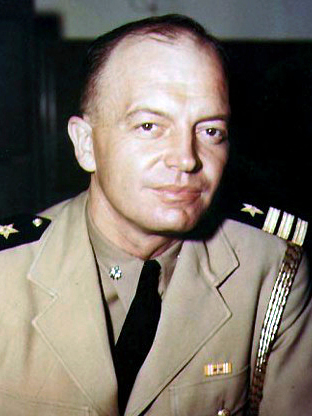
States reply to queries on soldier vote
President makes no analysis
Washington (UP) –
The White House today revealed without comment or analysis replies from 42 of the 48 governors to President Roosevelt’s soldier vote questionnaire, and they showed that 15 states definitely will not accept the federal ballot for counting, while only six states definitely will.
Replies were received from 24 Republican and 18 Democratic governors. Four Democratic and two Republicans have yet to reply.
Response to queries
The replies were in response to telegraphic queries dispatched by Mr. Roosevelt last Wednesday – a few hours after Congress sent a predominantly state’s rights bill to the White House for signature. The bill places the accent on the state ballot plan endorsed by Southern Democrats and Republicans in Congress. The use of the administration-backed federal ballot is restricted to overseas servicemen who have applied for, but have not received a state ballot by Oct. 1 – and then only if their home state has certified by July 15 that the federal ballot is acceptable for counting.
Mr. Roosevelt asked each governor to advise him whether use of the federal ballot is now authorized by his state and, if not, whether steps would be taken before July 15 to validate the use of such ballots.
To help President decide
He sought the gubernatorial advice “to enable me to form an opinion as to the effectiveness of this measure” – to help him decide whether he should veto or sign it into law. He previously announced his decision will be based on whether the pending bill will permit more servicemen to vote than does the 1942 Soldier Voting Act.
On the basis of replies received, it would be impossible to forecast with any accuracy whether Mr. Roosevelt will sign or veto the bill.
Here is a box score:
| States replying | 42 |
| States definitely accepting the federal ballot | 6 |
| States definitely rejecting | 15 |
| States that probably will accept | 14 |
| States that probably will reject | 3 |
| States undecided | 4 |
| States not replying | 6 |
West Virginia won’t
The gubernatorial replies showed this alignment:
-
States that will permit use of federal ballot (6): California, Florida, Maryland, North Carolina, Vermont and Washington.
-
States that will not (15): Arizona, Arkansas, Colorado, Georgia, Idaho, Illinois, Iowa, Kansas, Kentucky, Minnesota, Montana, South Dakota, Virginia, West Virginia and Wisconsin.
-
States that probably will not (3): Alabama, Mississippi and Missouri.
-
States that will make efforts to permit use of the federal ballot (14): Connecticut, Indiana, Maine, Massachusetts, Nebraska, New Hampshire, New Jersey, New Mexico, New York, Ohio, Oklahoma, Pennsylvania, Rhode Island and Utah.
-
States undecided (4): Delaware, Louisiana, Nevada and North Dakota.
-
States not reporting (6): Michigan, Oregon, South Carolina, Tennessee, Texas and Wyoming.
Among the summarized replies were:
PENNSYLVANIA – Republican Governor Edward Martin hoped the Legislature would “take whatever appropriate action is necessary” for absentee voting before July 15.
WEST VIRGINIA – Democrat Governor Matthew M. Neely: Federal ballot not authorized. If it becomes law, the Legislature would “refuse by an overwhelming majority to utilize anything the measure contains.” He added that the state law is adequate and said:
In the circumstances, I could not think of recommending… that the many thousands of West Virginians in the armed services be insulted with an official expression of approval of the deplorably inadequate bill passed by Congress.
OHIO – Republican Governor John W. Bricker:
I am calling a special legislative session in order that Ohio laws may be further liberalized so that ballots will be available for distribution under provisions of the bill recently passed by Congress… The bill now before you will materially aid Ohio’s citizens in the Armed Forces in exercising their franchise.
MARYLAND – Democrat Governor Herbert R. O’Conor: State absentee voting law permits use of the supplementary federal ballot.
Last reply from Dewey
The last reply up to yesterday afternoon came from Republican Governor Thomas E. Dewey of New York, who had advised the President he had signed a New York State war ballot bill Saturday night. He said the New York law “complies in every respect with the provisions” of the state ballot clause in the pending federal bill and confers upon the New York State Ballot Commission “powers so broad and flexible as to make feasible the use of any ballot which complies with the state constitution.”
Governor Dewey said:
To the limit of our constitution, I shall extend every assistance to employ any and all federal facilities and ballots to ensure the right of every member of the Armed Forces from New York State to vote at the coming general election.
